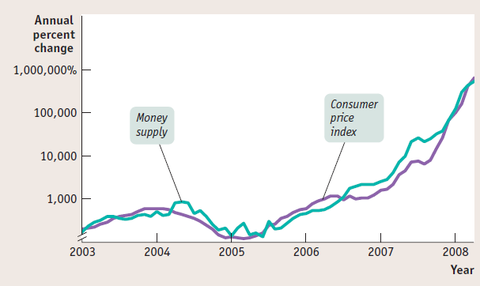I think Josh Marshall gets this right. Obama came across relatively relaxed last night, basically because he knows two things: he isn’t getting anything substantive out of the GOP, but he’s achieved a lot, and his signature achievement is looking increasingly secure. The real theme of the SOTU was “Whatever.”
I think the fading of the deficit both in reality and as an issue is important here. A missive from Fix the Debt landed in my inbox:
We are disappointed that President Obama did not choose to place a greater focus on our nation’s long-term debt problems in tonight’s State of the Union address. The President should be actively working with Congress seeking solutions to our debt problem rather than relegating it to the political sidelines. The State of the Union was a chance for him to lead on this issue instead of leaving these tough choices to be made by the next President.
That’s the whine of people who have found themselves irrelevant. Obama isn’t afraid of the big bad deficit any more, and he knows that there won’t be a Grand Bargain, so there’s nothing he can or should do on the front that absorbed so much of his energy for three years.
Meanwhile, health reform. Substantively, there has been an impressive comeback from the two horrible first months. The workability of the law is now clear — in California, which never had the teething troubles, enrollments are running ahead of expectations, most insurers are pretty sanguine about the age and health mix, and the polling is slowly improving.
Republicans are meeting these developments with a mixture of denial and Benghazification — insistence that the law is collapsing, that people may be signing up but they won’t actually pay for their policies, etc., combined with the belief that if they just tell a few more dubious horror stories about rate shock or losing your favorite doctor, the public will rise up and demand repeal.
I’d be interested, by the way, to know the details about the constituent described in the official GOP response, who supposedly faced a $700 a month rise in premiums. What kind of plan did she have? Did that number include subsidies? The ACA is supposed to keep health costs to 8 percent of income, so the only way you could get numbers like that is if the individual (a) had a really bare-bones policy offering hardly any protection and (b) has an income well over $100,000.
We don’t know the particulars here, but many if not most stories of rate shock turn out to involve people who didn’t actually apply for a policy, and therefore never found out what it would really cost.
Anyway, the point is that despite his low poll numbers, time is on Obama’s side, and he knows it.








